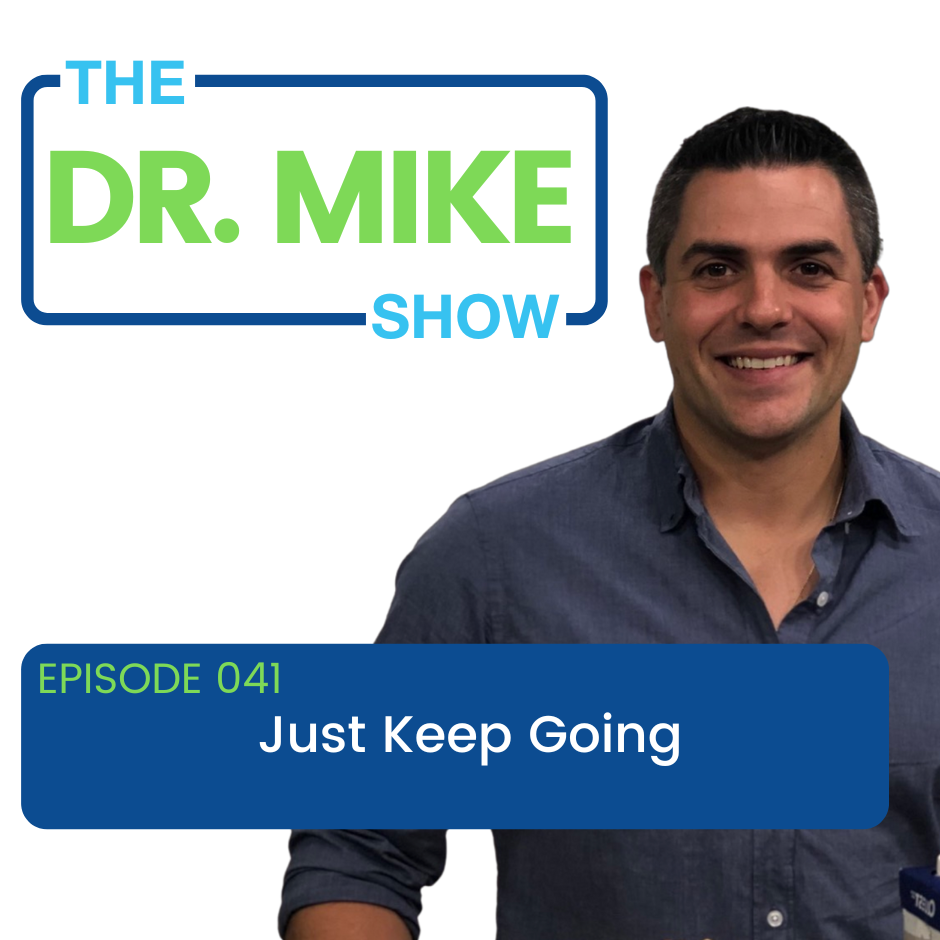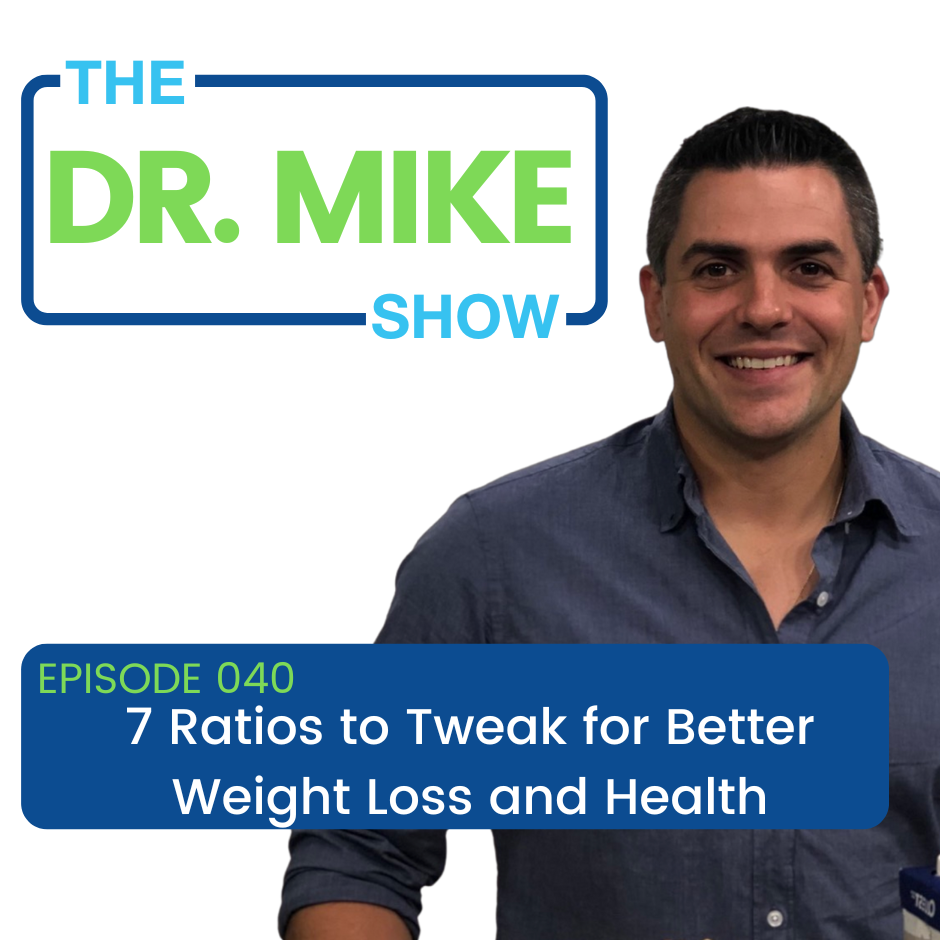One area of research that has really fascinated me lately is the research that good things happen when you force your body to run on empty. By empty, I don’t mean fasting, I’m not into fasting. Despite writing about fasting for weight loss before fasting was really popular, I’m not into fasting. By running on empty, I mean when you empty out your muscle glycogen (i.e. sugar) stores.
Let’s talk about glycogen….traditionally we have thought that depleting glycogen was bad. Bad for performance and bad for your health (as it can decrease your immune response). But…and this is a big but, as it is all too common when looking at research. I think this line of thinking regarding muscle glycogen for people training to get lean and look good, has been applied incorrectly and taken out of context. If there was one thing that my PhD adviser hammered into my head time and time again, it was that the study population matters.
When we look at the negative effects of depleting muscle glycogen, it is usually accomplished via endurance exercise or prolonged aerobic activity (running, biking, etc). I should note that by prolonged I mean more than 60 minutes (which is saying a lot with respect to what I personally consider endurance exercise, as 60 minutes is not that long of a time to exercise).
Bonking

One very popular line of thinking is that we need to keep blood sugar up (via sports drink) while exercising to prevent bonking. Bonking is what happens to endurance athletes when they completely tap out their glycogen stores and their body isn’t readily accessing their fat stores for energy. They bonk. As a result we have been almost programmed to think that the second we start exercising, we need to fuel up to prevent bonking.
You know who doesn’t bonk? Someone running a 5K or someone doing 30 minutes of intervals or someone lifting weights for 60 minutes.
Let’s take a logical (I know, scary concept for the weight loss industry) look at this.
You have ~350g of carbohydrates stored in your body as glycogen (potentially upwards of 500g when fully carbed up).
How could you run out of fuel in just 30 minutes of exercise!? You can’t. Here’s a glycogen depletion workout used in one study to examine the effects of glycogen depletion on gene expression. Note: The workout was scripted based on %VO2max. I used an equation to convert VO2max for %Max Heart Rate for ease of use for you.
- 45 minutes of cycling at 85% max heart rate
- 8 intervals of 4 minutes at >90% max heart rate + 4 minutes active recovery
- 45 minutes of cycling at 82% max heart rate
The traditional line of thinking is that this supreme depletion of muscle energy stores would be horrible, but it wasn’t horrible. In fact, some really amazing things started to happen.
The body adapted.
The researchers showed that after this one depletion workout, changes in which genes were turned on started to occur. It was as if removing all of the sugar from these participants’ muscles initiated a physiologic cascade of events that caused the body to start flipping genetic switches to supercharge muscle mitochondria (the cellular powerhouses). Depleting glycogen turned out to be a good thing in this situation.
This story continues to get more interesting when you consider that other research suggests that your body becomes more efficient at using its sugar stores the longer they are maintained at a low level (you can do more with less).
How is this useful to you?
This is useful to you in a couple different ways. The first is that you should feel liberated that you don’t need to carb up every time you exercise. It is probably deeply ingrained in your mind, but know that you don’t need to do it. Adding a little bit of protein or a handful of amino acids ahead of time is all you really need to optimize your physiology for most exercise and it won’t negate the benefits of training carb free.
Second, when you are embarking on a low (or very low) carbohydrate diet phase, kicking things off with a glycogen depleting workout (something tamer than what I outlined above) could be a good way to jump start your body’s ability to flip the fuel switch, thereby hastening the transition to using fat as a primary fuel source and thus minimizing the ugh feeling most people have when they initially cut carbs.
We have always looked at glycogen depletion as a bad thing because our starting point has always been from fueling ourselves primarily with carbohydrates for endurance (which is faulty thinking for several reasons). With that being the case, lack of stored sugar would be bad! But if we look at it from a different perspective, one where fat is the primary fuel source, depleted sugar stores may actually drive the effectiveness of carb cutting even further. Pretty interesting stuff.





